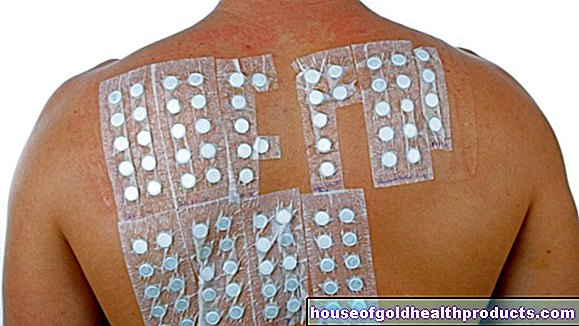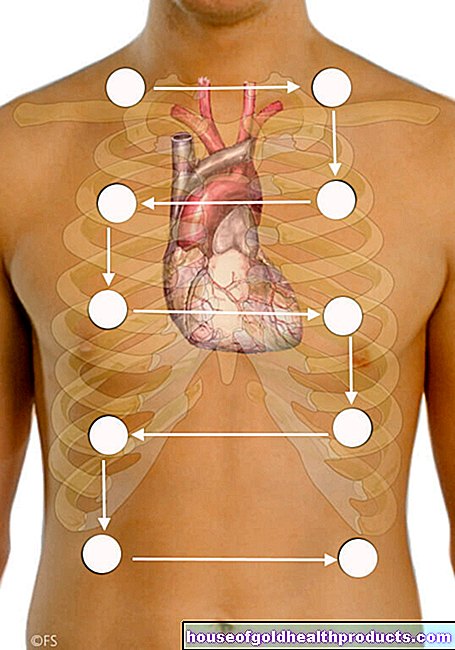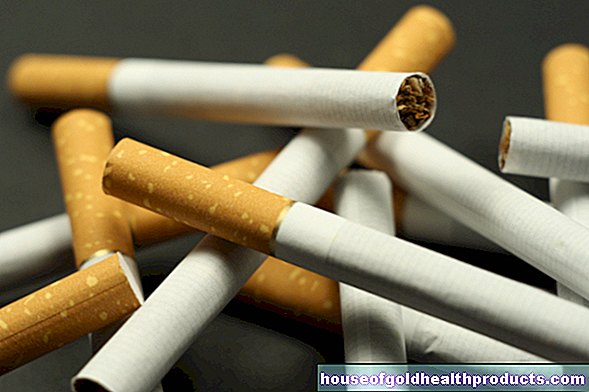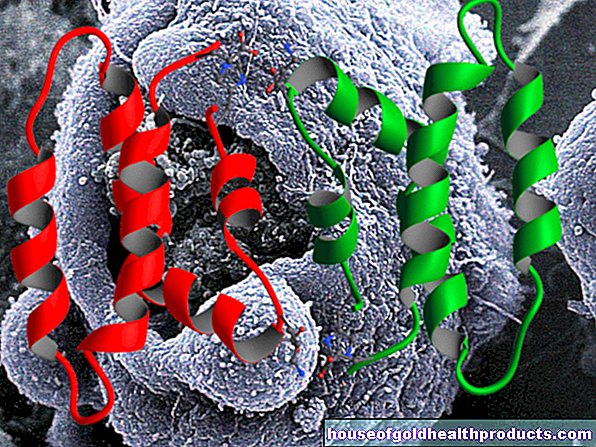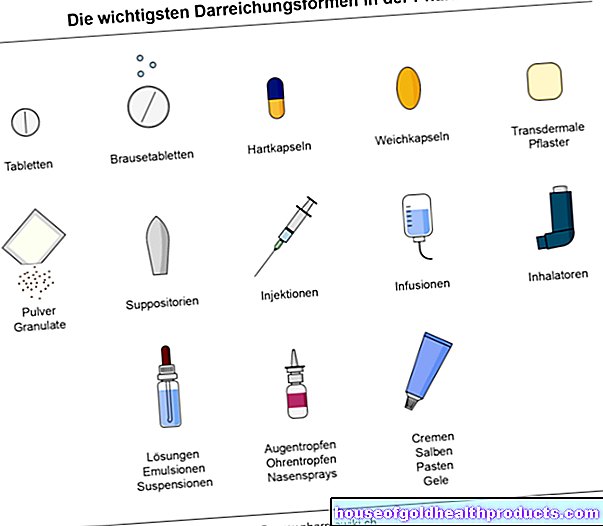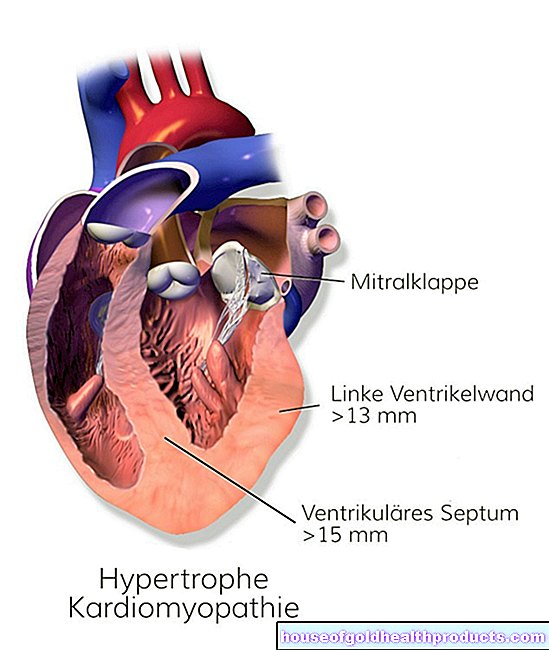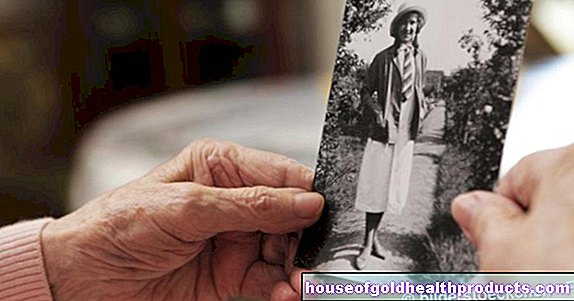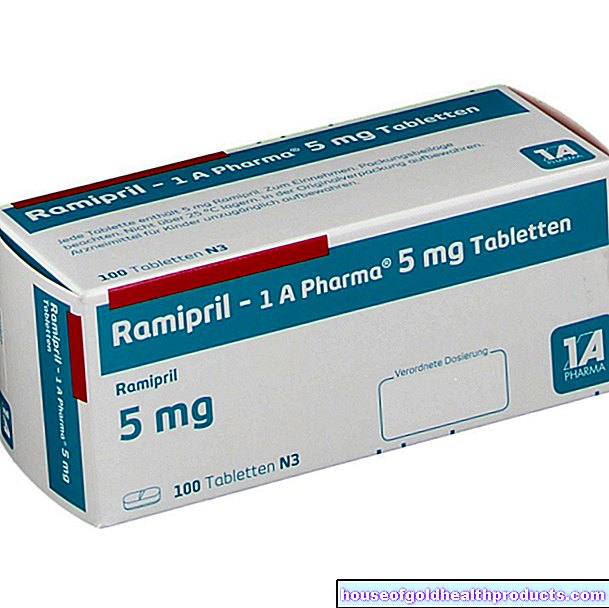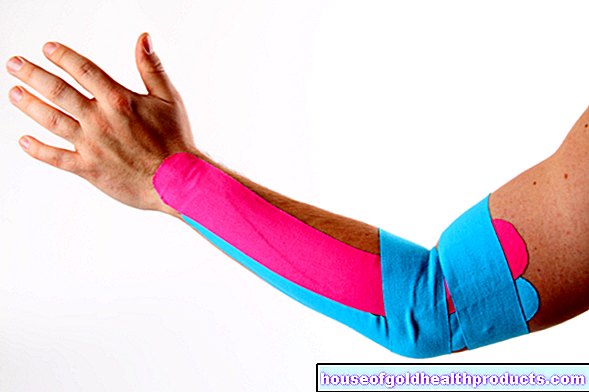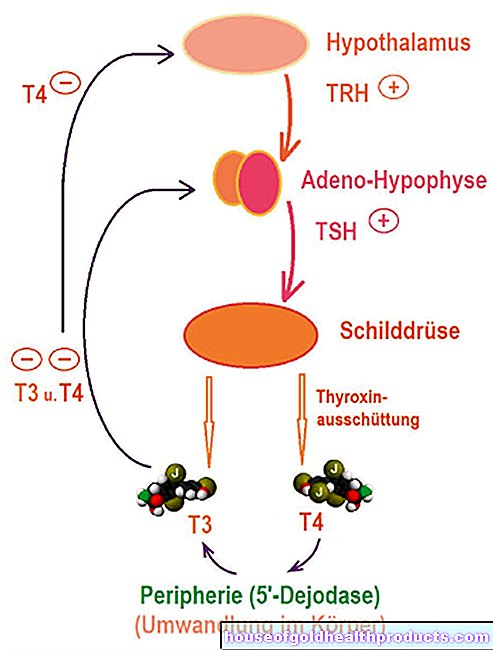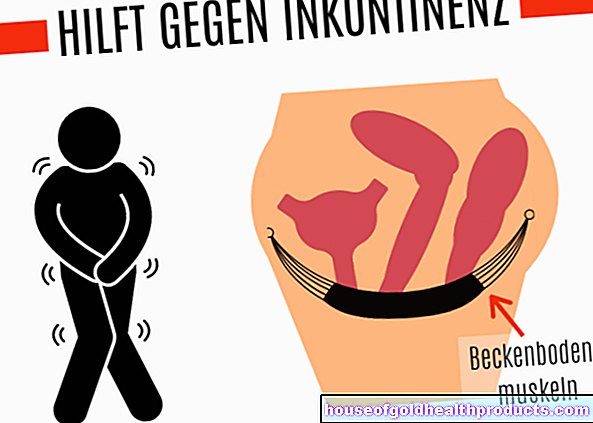Prostate cancer: sphincter training against incontinence
Martina Feichter studied biology with an elective subject pharmacy in Innsbruck and also immersed herself in the world of medicinal plants. From there it was not far to other medical topics that still captivate her to this day. She trained as a journalist at the Axel Springer Academy in Hamburg and has been working for since 2007 - first as an editor and since 2012 as a freelance writer.
More about the experts All content is checked by medical journalists.
MunichAfter prostate cancer surgery, some men suffer from urinary incontinence. The risk and duration of this unpleasant ailment can be reduced with targeted sphincter and pelvic floor training. This was the result of an extensive study analysis by the German Sport University Cologne with more than 2,500 prostate cancer patients.
The two scientists Dr. Freerk Baumann and Eva Zopf had evaluated a total of 25 scientific studies. All looked at the effects of physical activity in prostate cancer patients both during and after medical therapy. "Men who exercise regularly have a clear advantage over men without targeted physical training. This applies to the parameters incontinence, fatigue, muscle strength, quality of life and fitness," says Baumann, summarizing the results of the analysis.
Sphincter training right after the operation
Ideally, a patient should start with exercises for the sphincter muscles and pelvic floor before the operation. Even after the procedure, the patient should exercise again quickly, ideally as early as 48 hours after the catheter has been removed. "By starting training immediately, patients become continent again more quickly and then stay that way," says the sports scientist. However, patience is required: it is not uncommon for improvements to occur only after six months of regular training.
Incidentally, the best results are achieved when the patient trains under the guidance of a trained therapist. This not only applies to general fitness, but also especially to incontinence. If, on the other hand, patients train on their own after a brief introduction or using a flyer, that doesn't help, says Baumann. Rather, long-term, guided training is required for therapeutic success. (mf)
Tags: book tip healthy workplace diet



